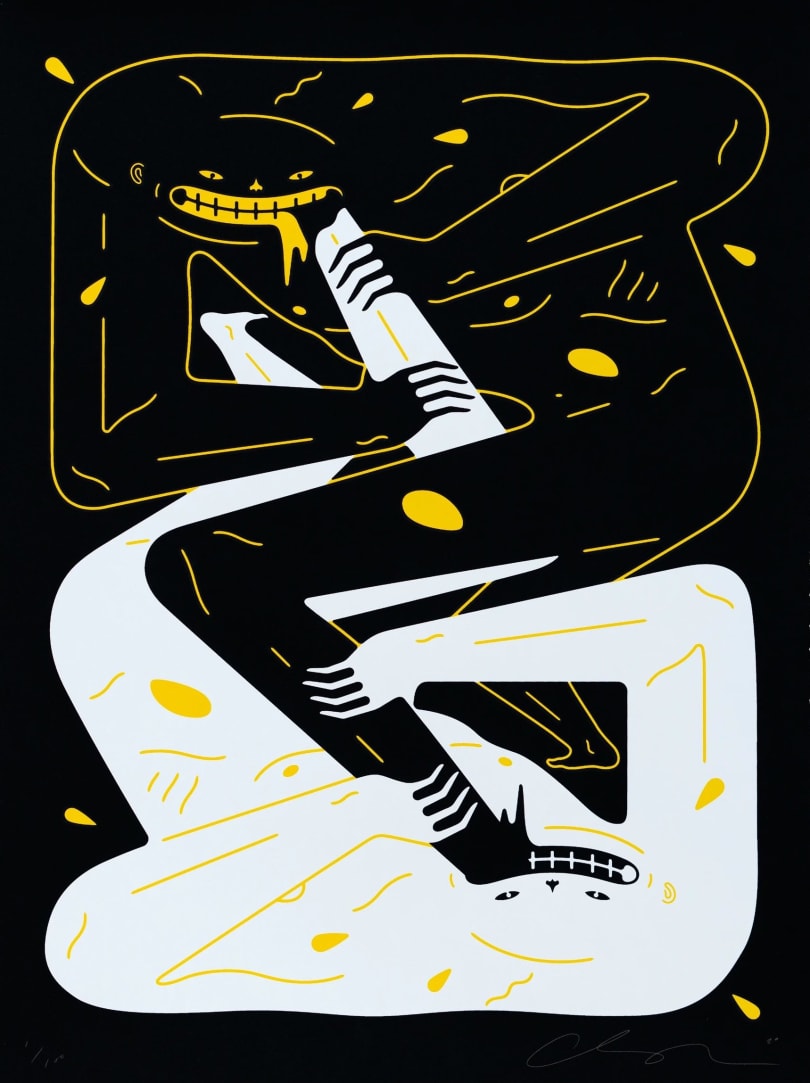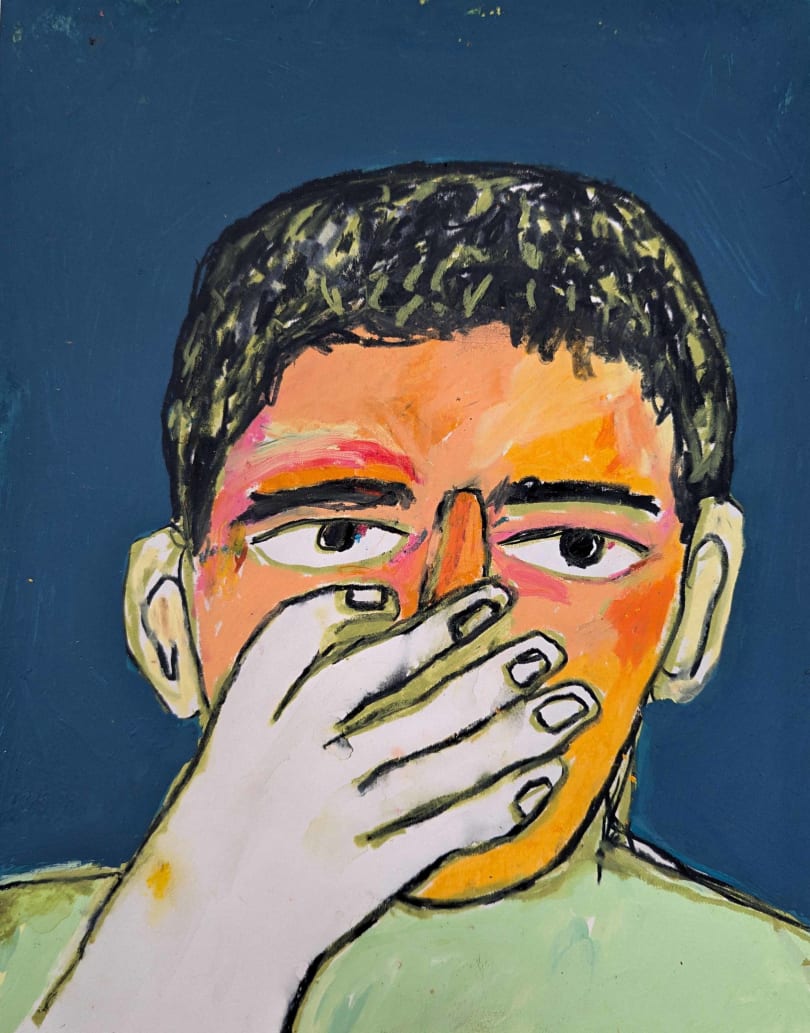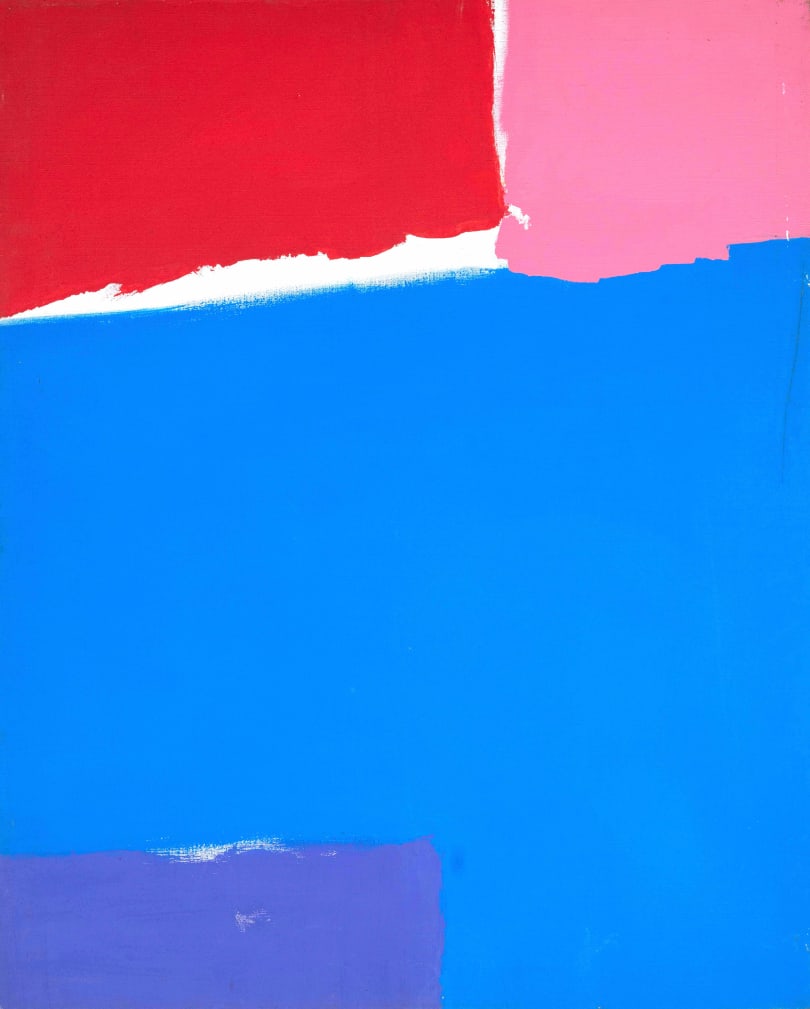
Artwork information
Category
PrintTechnique
Screen print on paperDate
2015 - 2018Dimensions
90 cm x 58.6 cmSignature
UnsignedState of conservation
Very goodFraming
NoLocation
Toulouse, FranceDescription
Screen print on museum-grade paper.
The Sunday B. Morning editions were designed as a joke, with a stamp on the back that said “fill in your own signature”.
Warhol began collaborating with two Belgian friends in 1970 on a second series of some of his prints. Among them were the “Marilyn”, “Campbell Soup Can” series, with the stamp on the back “fill in your own signature”.
The original idea behind this partnership for Warhol was to play on the concept of mass production. Andy liked to comment on this phenomenon through his art and explore its impact on modern culture. The idea was: “Here, we've simply mass-produced these prints; sign your name here. Any name will do. Because yours is as important as mine.”



















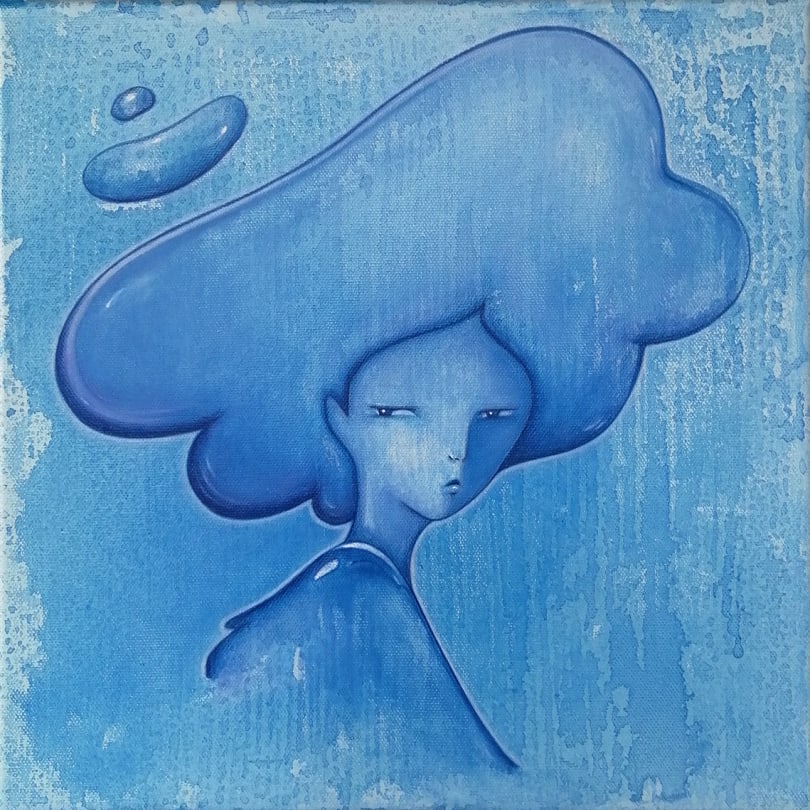



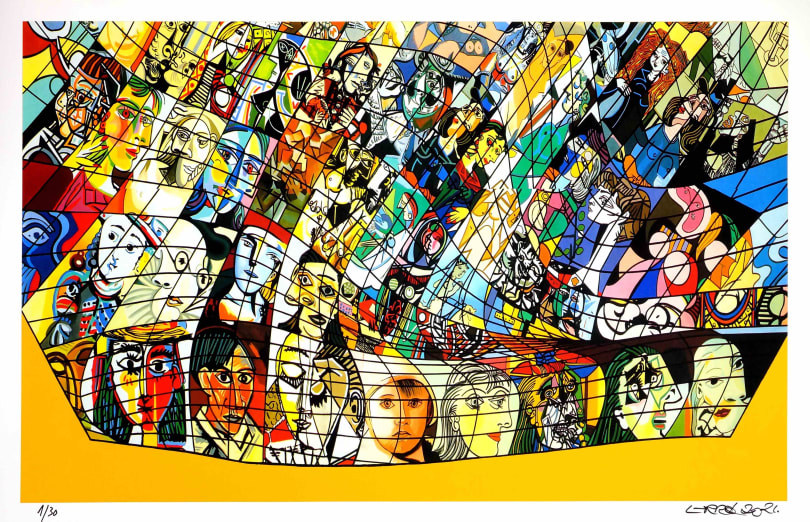
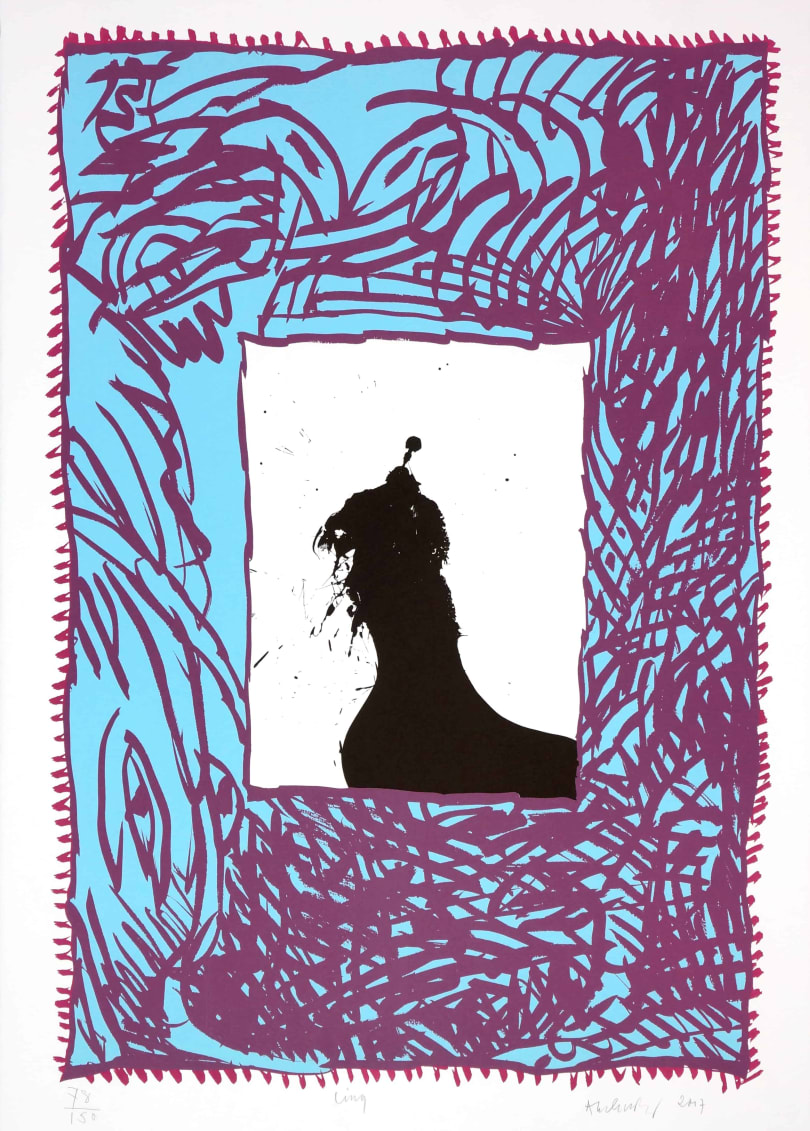






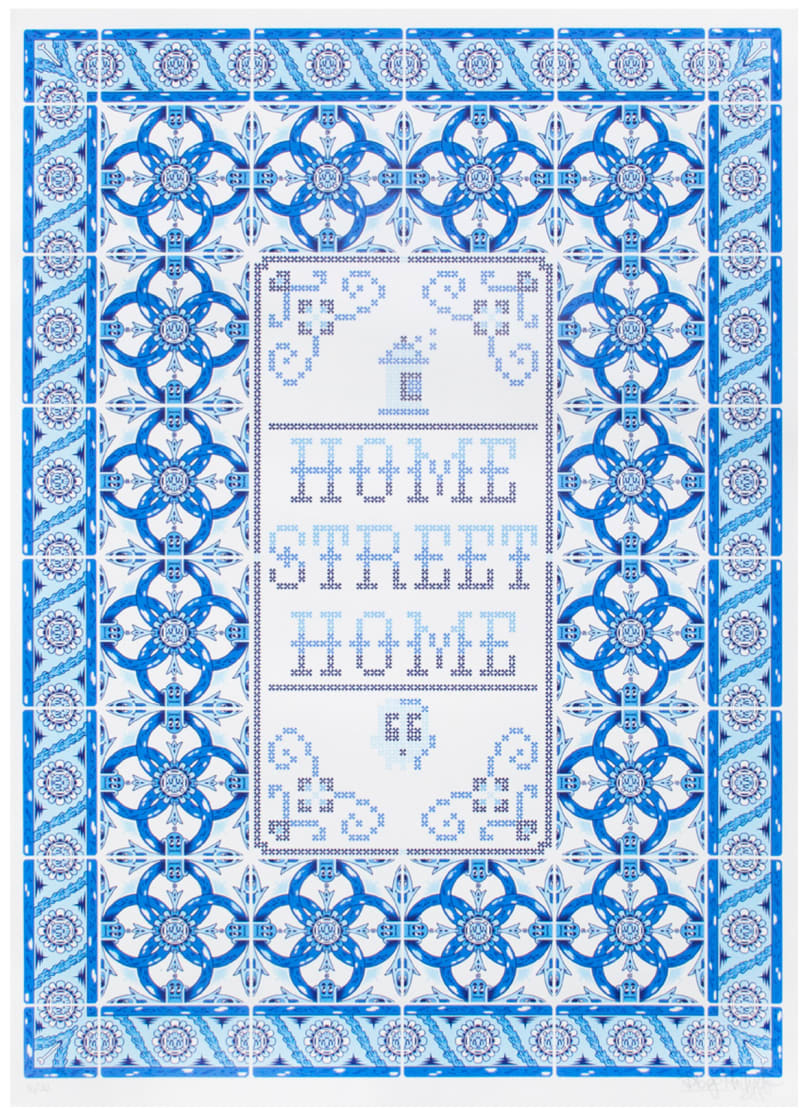


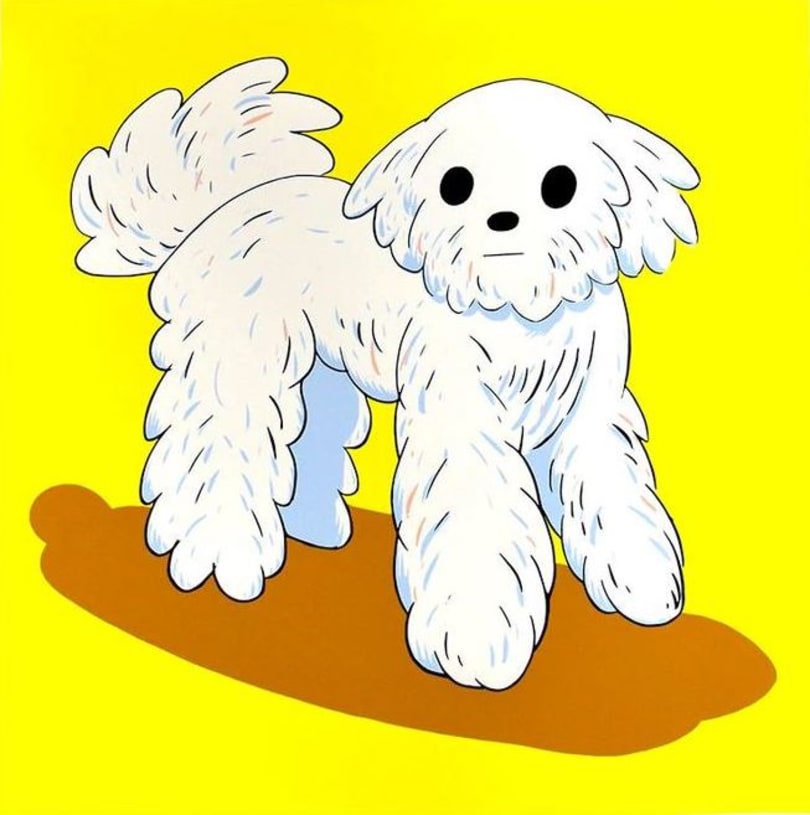
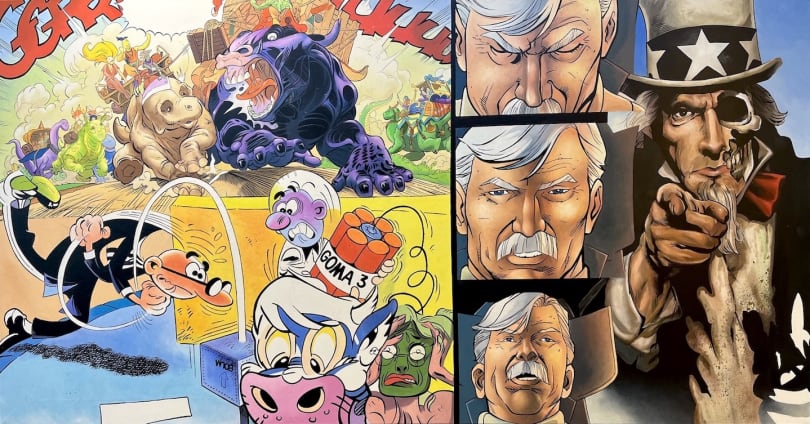


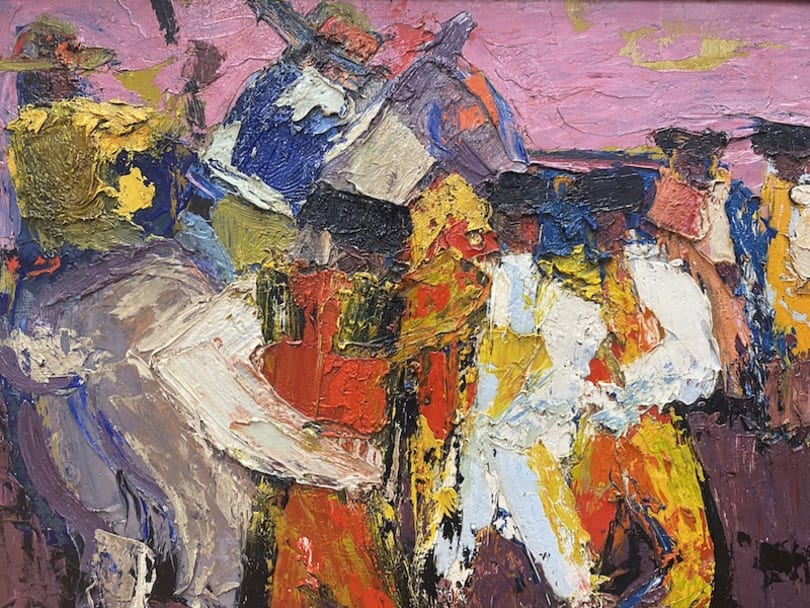
.jpg)


.jpg)





